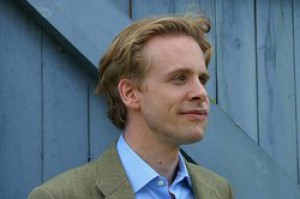Jonathan Conlin was born in New York and later moved to Britain, where he studied history at Oxford. He went on to do graduate work at the Courtauld Institute and Cambridge. During this period he spent long periods in Parisian archives, developing an interest in the history of Anglo-French...
show more
Jonathan Conlin was born in New York and later moved to Britain, where he studied history at Oxford. He went on to do graduate work at the Courtauld Institute and Cambridge. During this period he spent long periods in Parisian archives, developing an interest in the history of Anglo-French relations. Since his appointment to the University of Southampton in 2006 he has taught courses on a unusually wide range of topics, from the moral philosophy of Adam Smith through the history of cemeteries to the impact of evolution on Victorian society.Having written the history of the National Gallery (London) Jonathan remains fascinated by the history of collecting, of museums and the politics of national heritage. In addition to writing critical studies of "Civilisation" (1969) and "Ways of Seeing" (1972) he curated two programmes of events in London and Washington to mark the fortieth anniversaries of both series. He regularly comments on museums, heritage and television history for "History Today", "Museums Journal" and R4's "Today" programme.Jonathan is currently researching the life and career of the oil magnate Calouste Gulbenkian (1869-1955). In addition to shaping the modern oil industry and forming an important collection of art Gulbenkian also endowed one of the world's largest philanthropic organisations. The aim is to produce the definitive biography of this renowned yet enigmatic figure, popularly known as "Mr Five Percent".
show less

